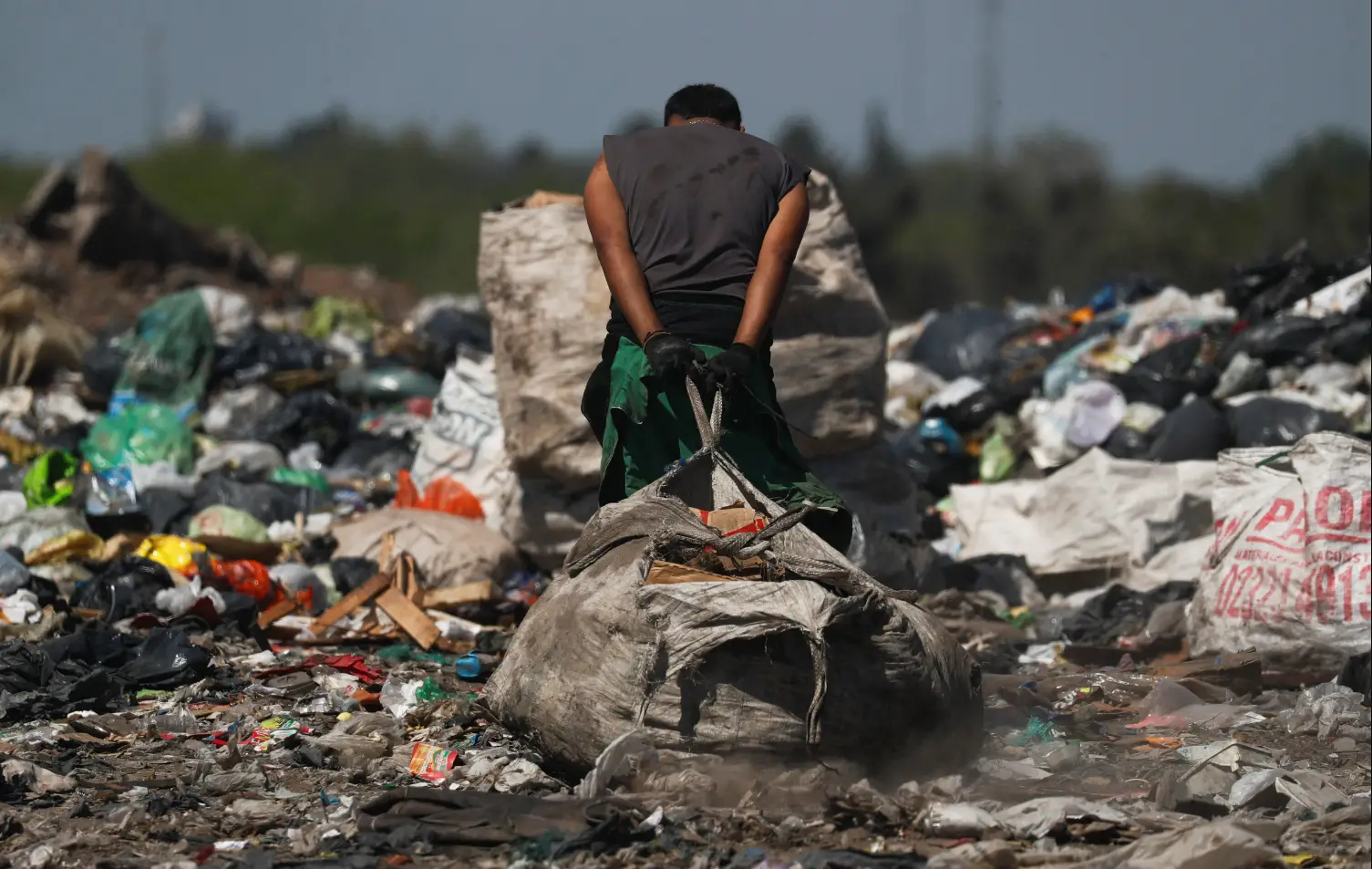In 2024, Latin America and the Caribbean reached the lowest poverty levels in their history. Yet, one in every four people still lives in poverty. But the challenge goes much further: an additional 31% of the population is in a situation of vulnerability, just above the poverty line, and at risk of falling below it in the face of any shock, whether economic, climatic, social, or political. In other words, more than half of the region’s total population lacks the means to cope with crises or adversity in their lives without suffering significant—and often permanent—setbacks to their well-being.
This reality challenges traditional development thinking, which assumes social mobility to be linear: that once people escape poverty, they will continue on an upward trajectory of expanding capabilities and opportunities. In other words, the remarkable progress of recent decades in Latin America and the Caribbean has not been sufficient to consolidate stable middle classes—compromising not only their progress but also putting them at risk of sliding backward.
To this, another challenge of particular importance for the region must be added: the rise of urban poverty. While urban poverty rates remain lower than rural ones, the number of poor people living in cities is growing more rapidly. This occurs in a region where 82% of the population lives in urban areas—well above the global average of 58%.
In a context of increasing uncertainty, where traditional risks are becoming more frequent and intense, and are exacerbated by rapid technological change, social fragmentation, and an increasingly volatile climate, public policies aimed at reducing poverty require a paradigm shift. One that enables them to address the fragility of the region’s development trajectory while delivering results amid this new complexity. One thing is clear: what worked in the past will no longer be enough.
Resilience as a roadmap
The UNDP 2025 Regional Human Development Report offers a way forward: placing resilience at the center of the region’s development agenda—as both an enabler of agency and a protector of effective freedoms, but also as a roadmap. This means equipping individuals, households, and communities with the assets and mechanisms needed not only to advance but also to prevent, mitigate, and recover from the impacts of shocks—allowing them to rebuild their lives. Only through resilient human development can people lead meaningful lives, with confidence in their future, knowing they are protected from adverse impacts.
In practical terms, this requires innovation in poverty reduction strategies, integrating the building of resilience as an essential component of their objectives. This implies moving toward the concept of universality in service provision and social protection, expanding both their coverage and reach to include the vulnerable population who, not being classified as poor nor formally employed, have traditionally been excluded from social protection systems. Finally, these strategies must promote the accumulation of assets and capacities that allow households to anticipate, withstand, and recover from adverse events, thereby contributing to a more resilient and inclusive form of human development.
Cities, innovation, and democracy
From a territorial perspective, it is crucial to consider that while cities can offer opportunities for improved well-being, they also present challenges for those who migrate to them: limited access to decent employment, high living costs, or spatial segregation, and, in some cases, outright social exclusion. On the other hand, urbanization also places heavy pressure on subnational governments, creating greater demand for urban land and public investment, and posing technical challenges for designing effective social policies in this rapidly evolving reality such as harnessing economies of scale, leveraging technology and geolocated services, or addressing homelessness. Moreover, the urban environment can amplify deprivation, vulnerability, and the risk of (re)falling into poverty—whether due to unemployment during crises, the inability to produce food, or the impact of adverse climatic events on critical infrastructure or settlements located in high-risk areas.
Ending poverty through resilient human development is not merely a matter of social policy; it is an imperative for democratic consolidation. Trust in institutions and democratic legitimacy erode when systems fail to meet expectations, when they do not reduce social inequalities, nor ensure effective access to rights, opportunities, and conditions of shared security and prosperity, without restricting human agency and freedoms.
In a context of growing uncertainty and polarization, innovation that generates solutions responsive to people’s real needs is key to building resilience, closing gaps, and accelerating poverty eradication. The region has already demonstrated its ability to innovate: it pioneered multidimensional poverty measurement and developed conditional cash transfer programs—later replicated around the world—and it possesses technical and social innovations that can and must be scaled up. Building resilience and fighting poverty do not occur only from the top down but also from within households, communities, and territories.
However, to achieve this, poverty must once again take center stage in public debate—now alongside vulnerability. It is essential to adopt as a political priority the targeting and alignment of efforts, the coordination of public policies, and the deployment of new technical and financial instruments to improve the effectiveness and efficiency of social investment—especially in contexts of fiscal constraint and limited access to development financing.
Addressing these challenges requires a renewed vision of development in the region—one that recognizes poverty as the deprivation of capabilities to lead a full life and places resilience at the heart of development strategies. Only through collaboration and collective construction can we ensure that responses reach those who need them—at the right scale and in the right way.
What is at stake is not only the future of development in the region but also the future of our democracies. Advancing toward lives that are more dignified and secure, less vulnerable, and toward the definitive eradication of poverty is possible, it is fair, and urgent.














